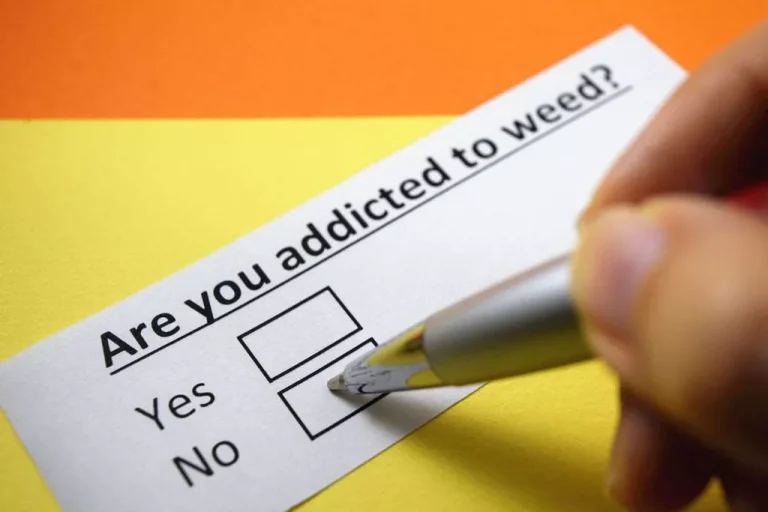While 12-step programs like Alcoholics Anonymous (AA) can benefit your loved one, Al-Anon meetings are great resources for you. Like AA, Al-Anon is a mutual-help group for the loved ones of those how to overcome alcoholism who struggle with alcohol misuse. Attending meetings, which are held all over the world, allow you to share your experience with others and find strength and hope from them and their experiences.
Learn how to say, “No.”

Avoiding the pub is an obvious one for many people, but remember to think about whether alcohol is still readily available at home too. Maybe you could start writing a shopping list in advance of a trip to the supermarket – if there’s no alcohol on the list, you will be less tempted to buy some. In the early stages, it’s a good idea to avoid situations where you may be tempted to drink. This could mean opting out of the weekly pub quiz for a while, or if you tend to drink when eating out, try going to restaurants that don’t sell alcohol or simply volunteer to drive.
Charitable Care & Financial Assistance
In general, it’s better to put time and effort into sobriety than to try to do the bare minimum. If you’ve struggled to quitdrinking, you should consider support groups, counseling or rehab. Self-help books or apps are less likely tohelp you successfully quit if you are addicted to alcohol.
Why Overcoming Addiction Is So Difficult
Whether you choose to tackle your alcohol addiction by going to rehab, getting therapy, or taking a self-directed treatment approach, support is essential. Recovering from alcohol addiction or abuse is much easier when you have people you can lean on for encouragement, comfort, and guidance. Here’s some information to help you get ready for your appointment, and what to expect from your health care provider or mental health provider. You may not need to completely reinvent your life to quit drinking, but making a few changes in your surroundings to help avoid alcohol triggers can make a big difference. Say you don’t have any cravings when you go without drinking.
- Sunnyside uses a psychology-based approach to help you drink more mindfully, no matter what your goal is.
- Finding a stress outlet to replace the tendency to drink can greatly aid your recovery.
- There is no one-size-fits-all approach when it comes to addiction recovery.
- Additionally, seeking therapy, either as a family, by yourself, or both, can also help you navigate recovery with your loved one.
However, it can also take time and effort for trust to be re-established if you have hurt friends or family while you were actively involved in your addiction. Strengthening positive relationships with the supportive people in your life can play an important part in your recovery and continued abstinence. Withdrawal symptoms can be a difficult aspect of overcoming addiction for both substance and behavioral addictions. With substance addictions, the physiological aspects of withdrawal can be extremely uncomfortable like a bad flu, or can even be life-threatening. For this reason, it is a good idea to talk to a doctor about the best way and the best place to quit a substance.
- You may have lost touch with old friends and loved ones, and changing your behavior may make it difficult to spend time around people who are still using substances or engaging in certain behaviors.
- However, some people who quit an addiction find that certain withdrawal symptoms seem to go on and on.
- In some cases, you may need medical supervision during the detox process.
Your GP may be able to arrange or signpost you to counselling and psychological support, and you could access local support groups to help you stay on track. Like the fly that was drawn to the pitcher plant by its sweet smell and vibrant color, our curiosity for alcohol begins with a harmless, even glamorous, impression of what the liquid in the bottle represents. One day, curiosity turns into the first sip—the harmless first taste.
How to Know When It’s Time to Cut Back

The Centers for Disease Control and Prevention (CDC) also has an Alcohol Program with printable resources for people to follow. Severe symptoms may require benzodiazepines to prevent serious consequences of alcohol withdrawal. Replacing alcohol with healthy activities that do not encourage drinking can be a healthy alternative. American Addiction Centers can improve treatment outcomes for those in recovery for alcohol use disorder.
Help for Alcoholics: Where to Find Sobriety Resources


